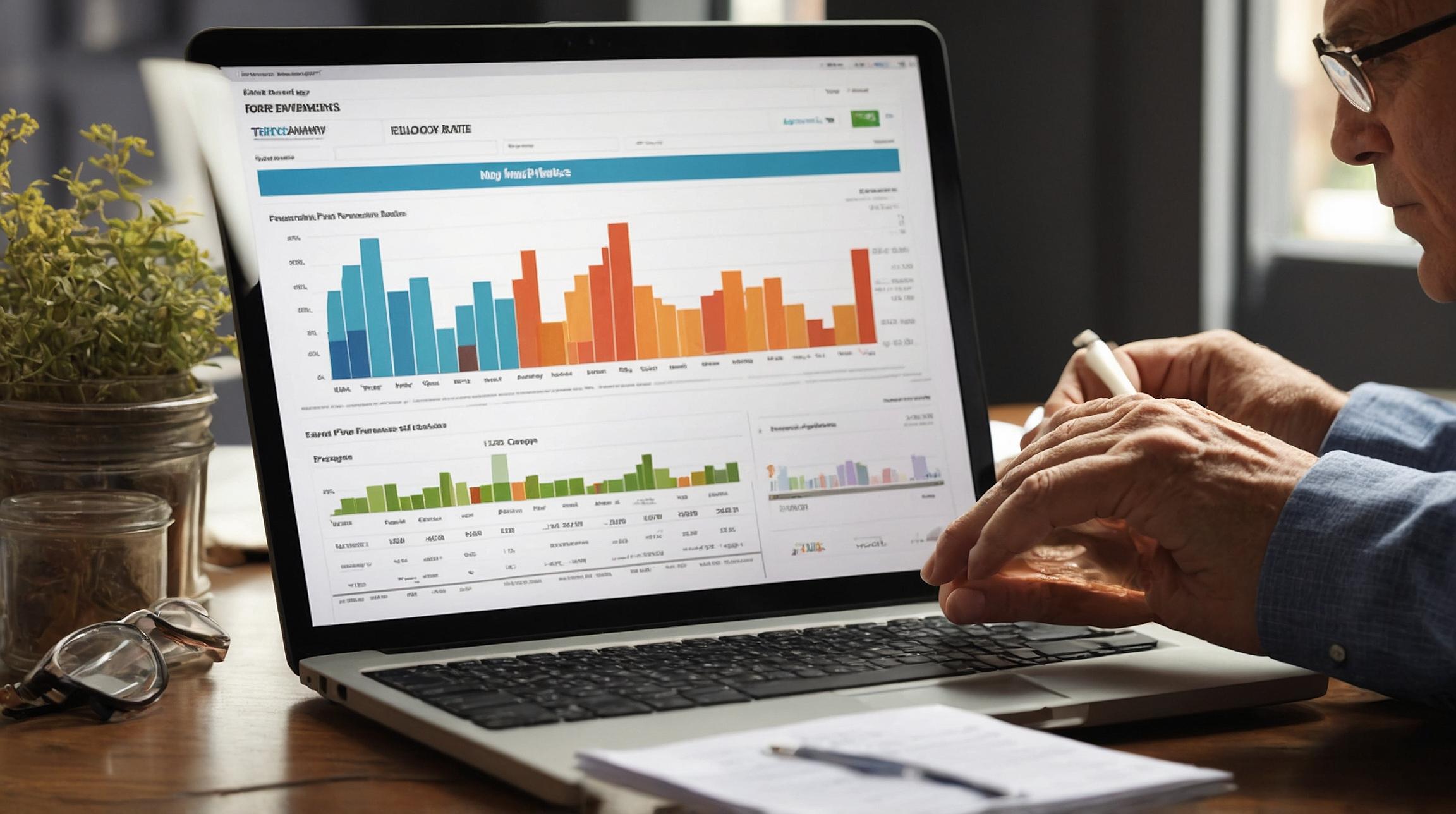Refinance Your Mortgage and Other Debts
With lower interest rates, refinancing loans like home loans and auto loans becomes financially sensible. When the Federal Reserve cuts rates, it often means mortgage rates will drop too. Even a small reduction can lead to big savings. For instance, refinancing a $300,000 mortgage from 6.5% to 6.0% can save you nearly $100 a month. If you have home equity, refinancing could also allow you to access those funds for other uses, such as consolidating high-interest credit card debt.
Consider refinancing other debts, including personal and auto loans, to capitalize on these lower rates. Even if you're not ready to refinance immediately, prepare by checking your credit score and reducing unsecured debts.
Consider New Savings Products and Investments
Evaluate your risk tolerance before changing your savings or investment strategies. With rates falling, traditional savings options like long-term CDs might offer lower returns in the future. Consider laddered CDs or bonds as a compromise between liquidity and returns. If you're comfortable with some risk and have a long-term view, investing more in stocks could be beneficial. Sectors like utilities, real estate, and consumer discretionary often thrive during rate cuts.
Reconsider Large, Financed Purchases
Lower rates can make financing big purchases like homes or cars more attractive. For instance, a lower interest rate means you could afford a more expensive house since less of your monthly payment goes to interest. However, ensure any new debt aligns with your long-term financial goals to avoid unnecessary strain on your budget.
Assess Your Income
Lower rates could impact your income, particularly in retirement. Review your investment portfolio to determine how falling rates affect your income. If you rely on savings, consider how lower rates might speed up resource depletion. Ensure your portfolio aligns with your goals and risk tolerance. Consulting a financial advisor could provide clarity and guidance on optimizing your retirement income strategy.
Holly Johnson
Holly Johnson is a seasoned financial writer passionate about frugality and budgeting. Her work appears in publications like The Simple Dollar and Bankrate. Co-author of "Zero Down Your Debt," she offers insights on maximizing financial opportunities through informed decisions.













